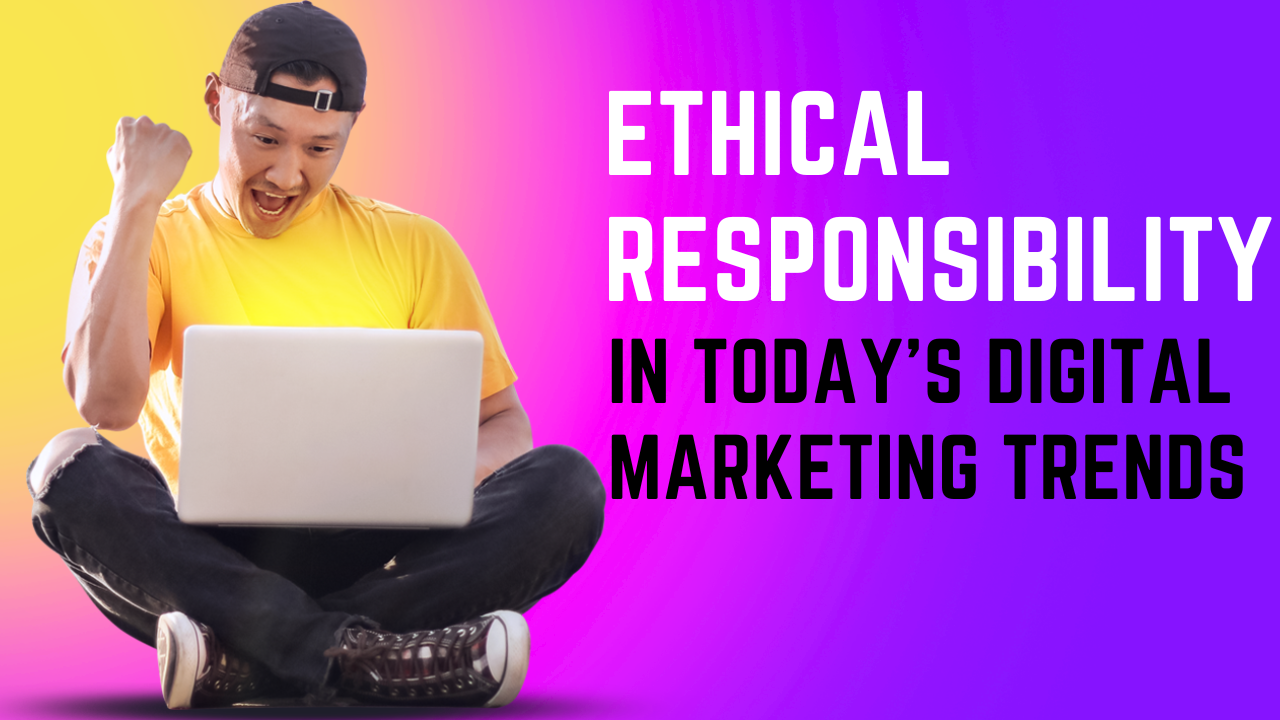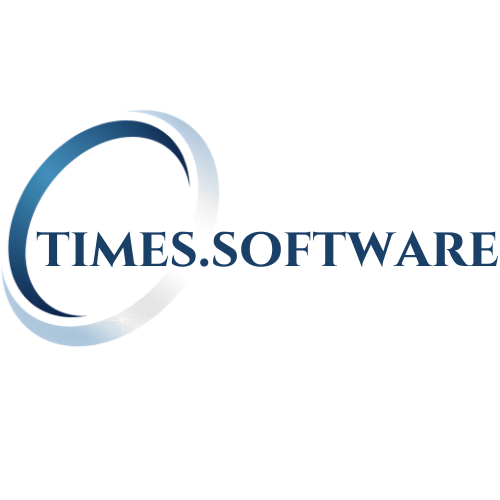
In “Ethical Responsibility in Today’s Digital Marketing Trends,” we delve into the crucial intersection of ethics and the rapidly evolving landscape of digital marketing. This insightful blog post navigates through the latest Digital Marketing Trends, emphasizing the importance of ethical practices in an era dominated by technology and data-driven strategies. Discover how businesses can align their marketing efforts with moral principles, fostering trust, credibility, and long-term success in an increasingly digital world.
Table of Contents
Introduction
The world of digital marketing has changed at an unheard-of rate in an age driven by technology. Due to this industry’s rapid evolution, ethical responsibility is required. This article examines the issues, best practices, and the responsibilities of businesses in upholding ethical standards as it relates to the vital subject of ethical responsibility in contemporary digital marketing trends.
The Development of Online Marketing
Since its inception, digital marketing has advanced significantly. The landscape has evolved from simple webpages to intricate algorithms and AI-driven advertising.
The Effects of Unethical Behavior Digital Marketing Trends
Digital marketing unethical behaviors can have detrimental effects on firms, customers, and the sector at large. The consequences range from data breaches to deceptive advertising.
Recognizing Moral Responsibilities
Honesty and Openness
Consumer trust in digital marketing is increased by transparency. Integrity in dealing with goods and services is essential to ethical responsibility.

Data Protection and Privacy
Data security for consumers is crucial. Observing privacy laws and ensuring secure data management is a fundamental ethical duty.
Authentic rivalry
Fair competition encourages innovation and guarantees an even playing field for companies of all sizes.
Issues with Upholding Ethical Standards
Maintaining Ethical Alignment With New Tools and Platforms As technology develops, maintaining ethical alignment with new tools and platforms becomes increasingly difficult.

Keeping Profitability and Ethics in Check
Long-term success depends on achieving a delicate balance between corporate objectives and moral standards.
Best Practices for Audience-Centered, Ethical Digital Marketing
Prioritizing the needs of the customer creates interactions that are more genuine and profound.
Constant Learning and Training
Maintaining ethical integrity requires being current with industry standards and best practices.
Moral SEO Techniques
Ethical SEO tactics include avoiding black-hat SEO strategies and giving user experience top priority.Businesses’ Contribution to Promoting Ethical Responsibility
Clearly Defined Ethical Principles
An organization can develop a culture of ethical responsibility by establishing internal policies and procedures.
promoting standards across industries
Businesses have a crucial role to play in promoting moral behavior among those involved in digital marketing.
Also reads:-
Community Building Strategies in Digital Marketing Trends
Customer Journey Mapping and Its Role in Digital Marketing Trends
SaaS Marketing Strategies and Their Impact on Digital Marketing Trends
Blockchain and Its Disruptive Influence on Digital Marketing Trends
The Power of Data-Driven Digital Marketing Strategies
Conclusion
As the landscape of digital marketing develops further, ethical responsibility becomes a crucial component of the sector. Maintaining openness, safeguarding data, and engaging in fair competition are not only moral requirements but also crucial for long-term success and winning over customers.
Frequently Asked Questions
Q. Why is ethical responsibility crucial in digital marketing?
A. Ethical responsibility ensures trust, protects consumers, and maintains the integrity of the industry.
Q. How can businesses balance profitability and ethics in digital marketing?
A. By aligning their goals with ethical practices and considering the long-term benefits of maintaining consumer trust.
Q. What are some common unethical practices in digital marketing?
A. Misleading advertising, data breaches, and black-hat SEO techniques are examples of unethical practices.
Q. How can businesses stay updated with ethical standards in digital marketing?
A. Continuous education, industry conferences, and participation in ethical communities are effective methods.
Q. What steps can businesses take to prioritize data privacy in digital marketing?
A. Implementing robust security measures, complying with data protection laws, and being transparent about data usage are key steps.
